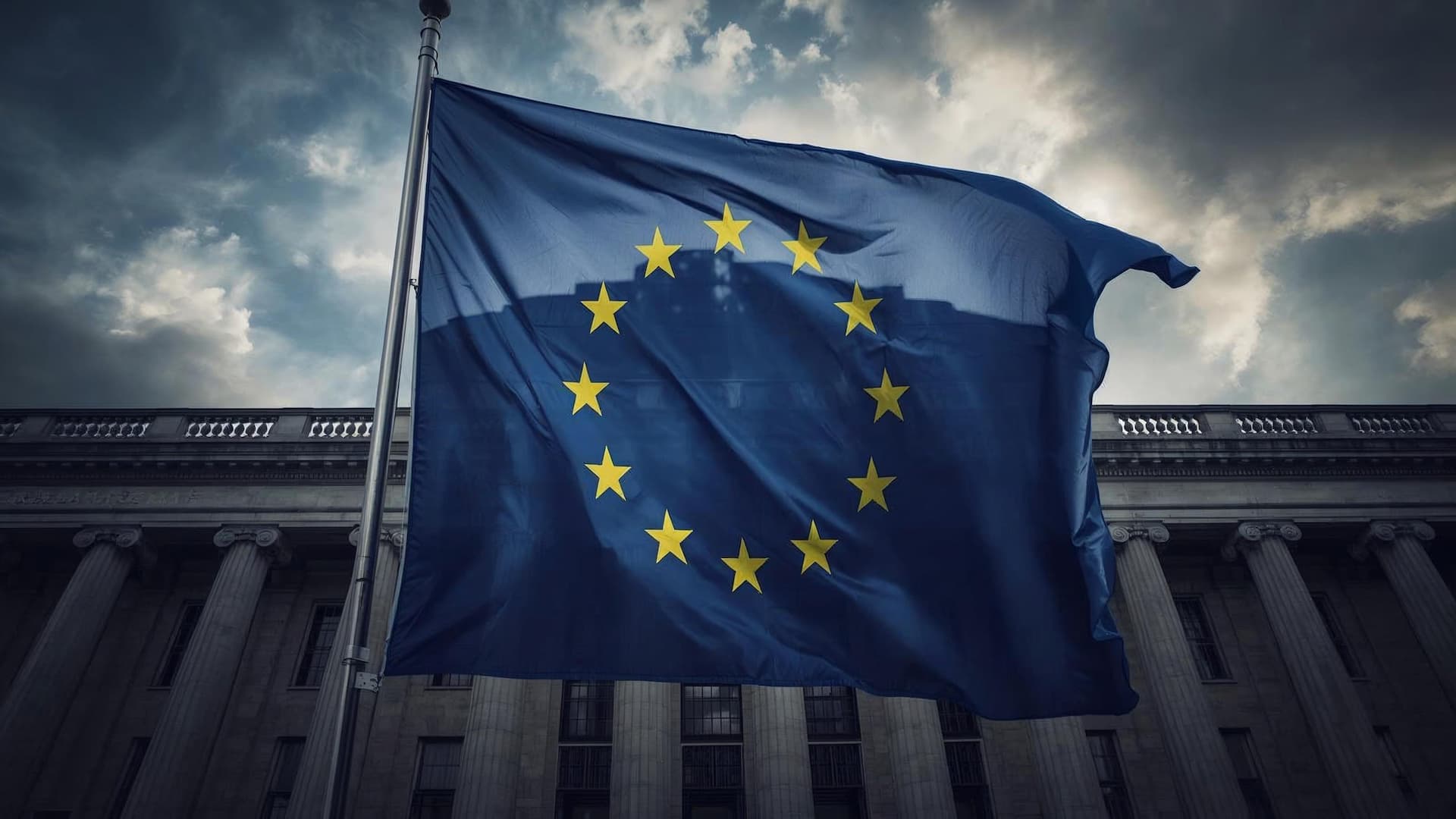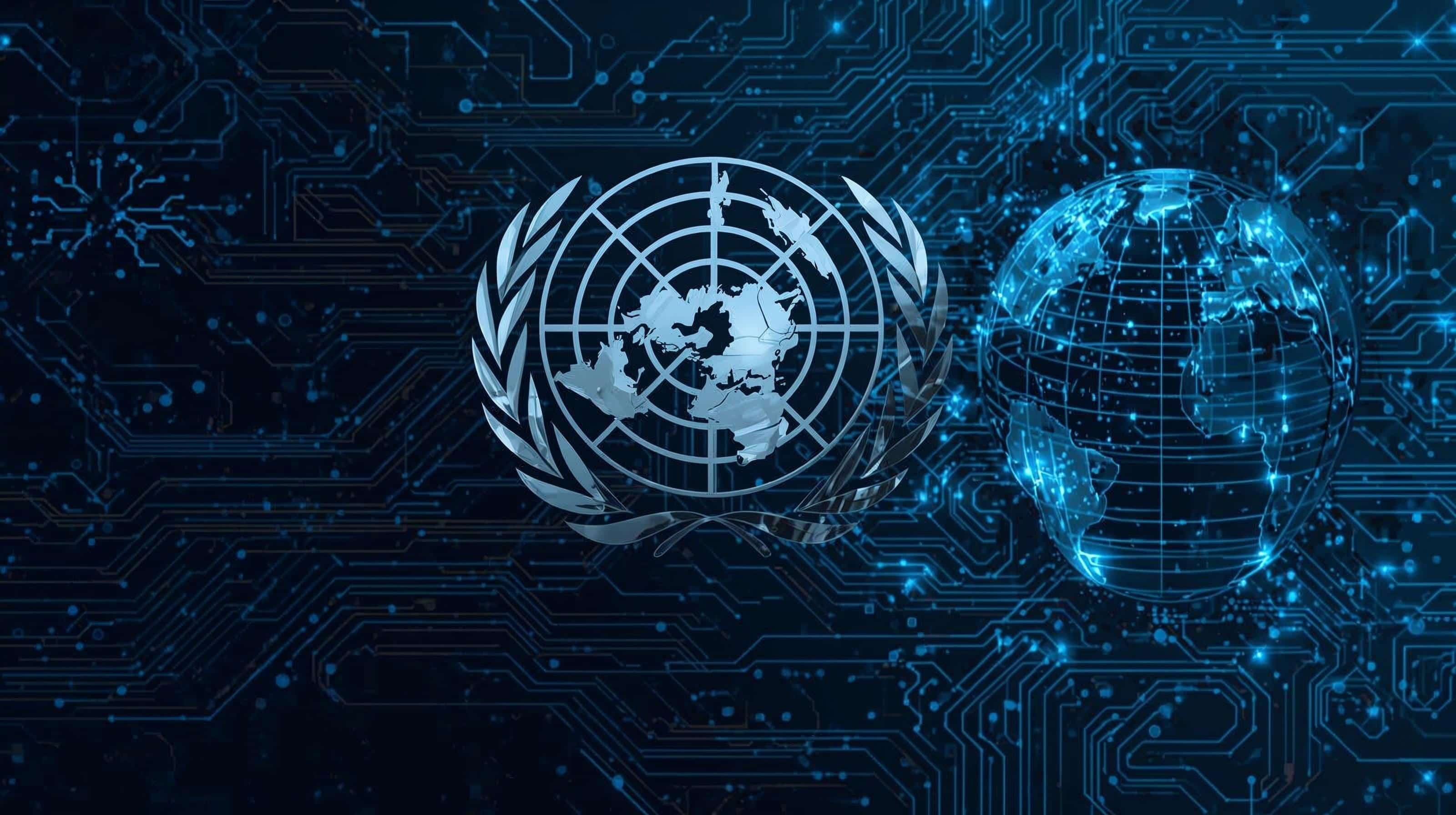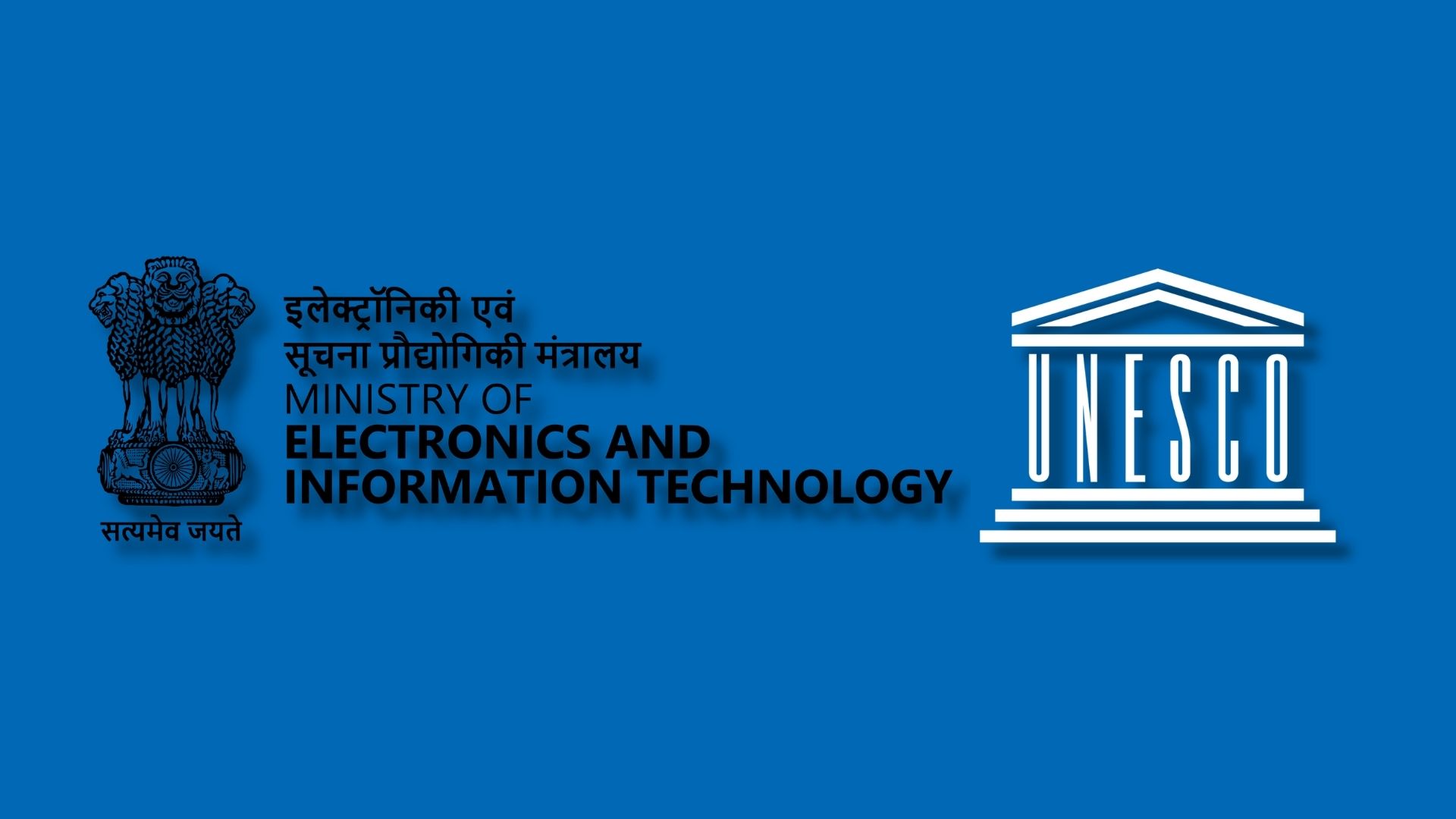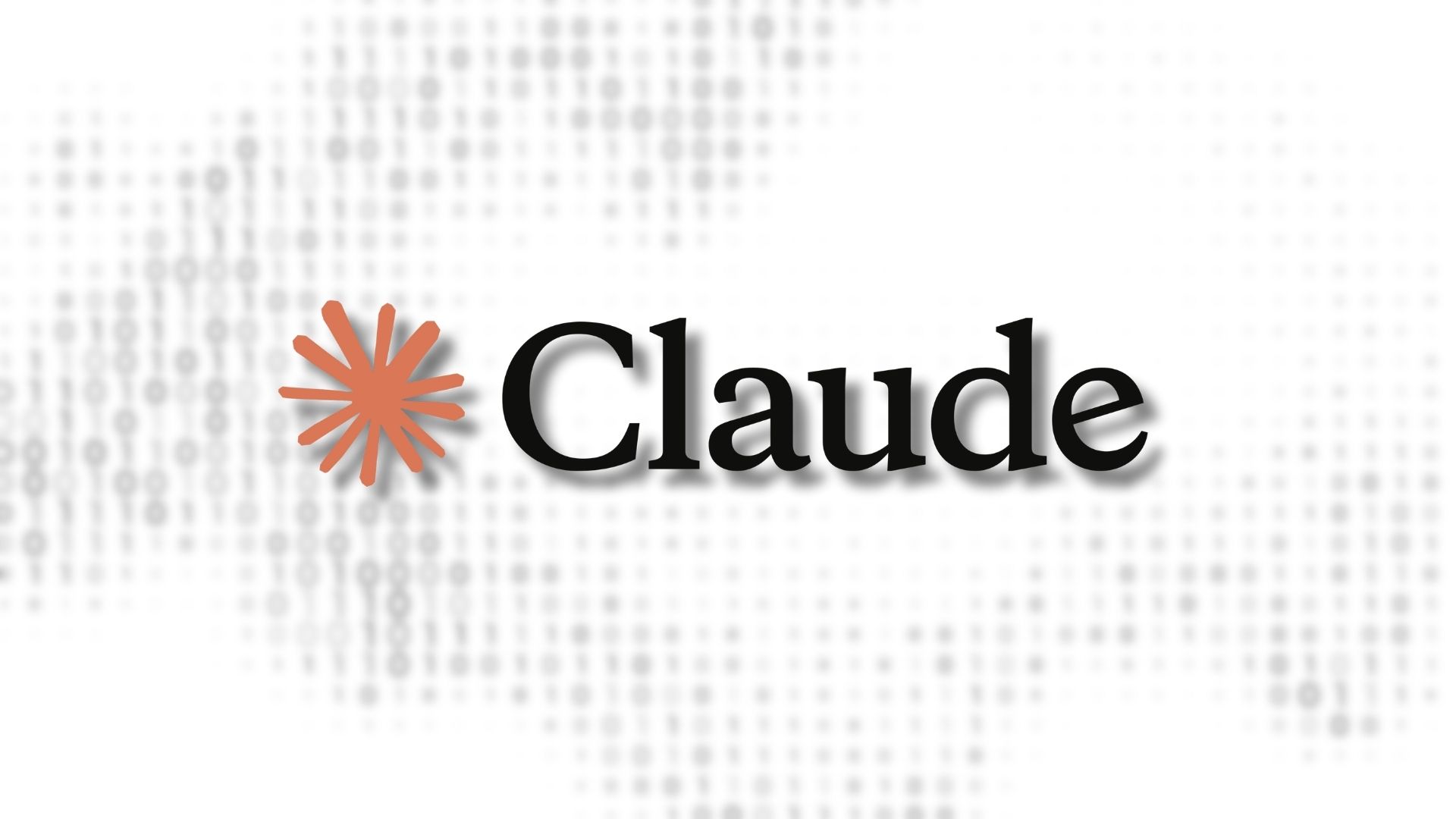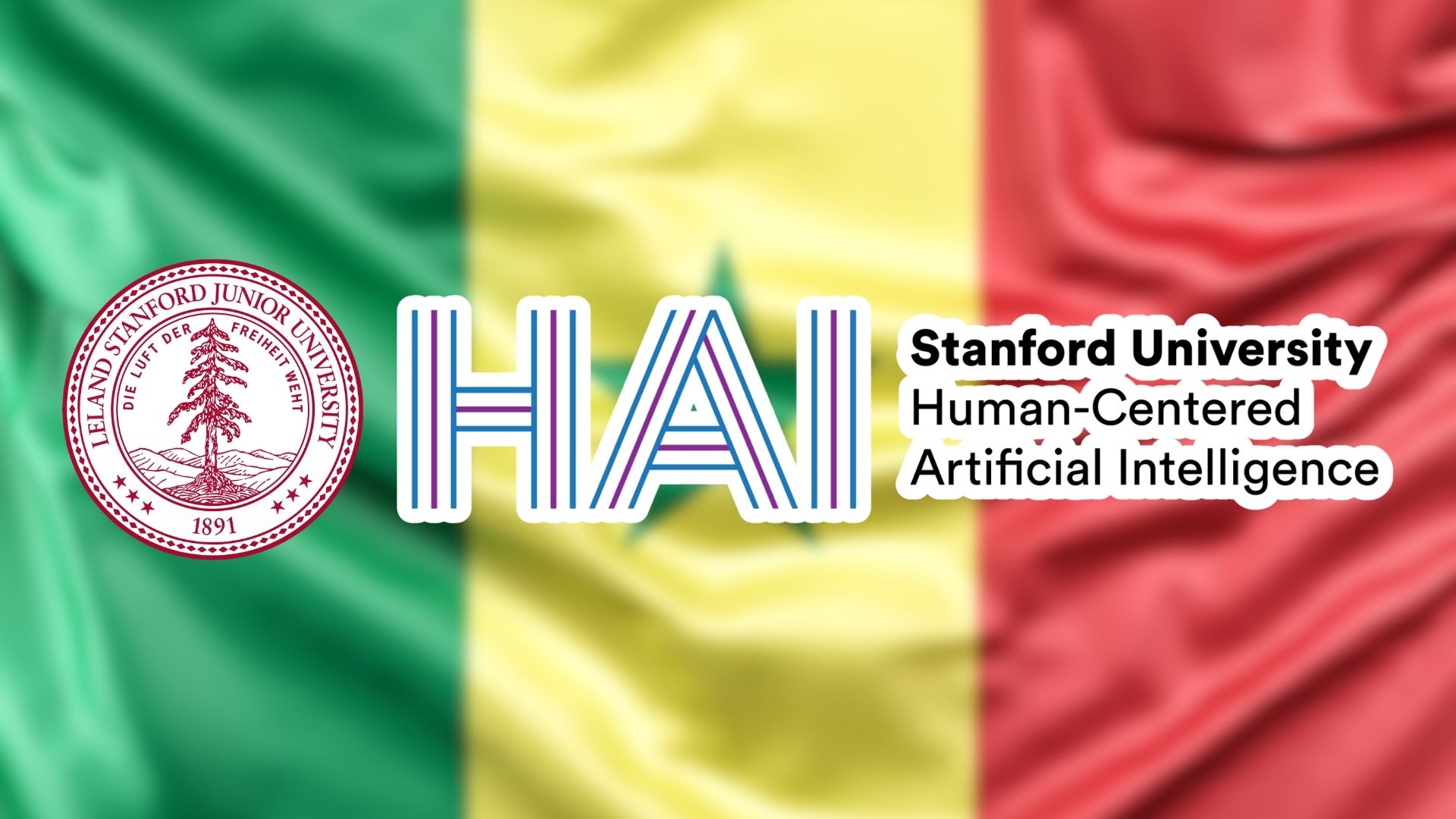UN Secretary-General António Guterres told the inaugural meeting of a new independent group of experts on AI convened by the UN that they have a huge responsibility to help shape how the technology is used ‘for the benefit of humanity’.
‘Individually, you come from diverse regions and disciplines, bringing outstanding expertise in AI and related fields. Collectively, you represent something the world has never seen before,’ the UN chief told scientists on Tuesday at the first meeting of the Independent International Scientific Panel on AI.
The panel brings together 40 experts who aim to help close ‘the AI knowledge gap’ and assess the real impact the frontier technology will have across economies and societies so that countries can act with the same ‘clarity’ on a level playing field.
The experts will provide scientific assessments independent of any government, company or institution – including the UN itself. ‘AI is advancing at lightning speed… no country, no company, and no field of research can see the full picture alone,’ Guterres said. ‘The world urgently needs a shared, global understanding of artificial intelligence; grounded not in ideology, but in science.’
Warning about the stakes involved as AI evolves rapidly, Guterres said the technology will shape peace and security, human rights, and sustainable development for decades to come. ‘I have seen how quickly fear can take hold when facts are missing or distorted – how trust breaks down, and division deepens,’ he said. At a time when ‘geopolitical tensions are rising, and conflicts are raging,’ he stressed that the need for shared understanding and ‘safe and responsible AI could not be greater.’
As AI development accelerates, the Secretary-General also warned the panel that it is ‘in a race against time.’ Addressing concerns about the pace of technological change, he said: ‘Never in the future will we move as slowly as we are moving now. We are indeed in a high level of acceleration.’
Guterres also pointed to earlier work through the UN High-Level Advisory Body on AI, noting that the new scientific panel does not ‘start from zero’. Concluding his remarks, Guterres told the experts: ‘I can think of no more important assignment for our world today.’
Would you like to learn more about AI, tech, and digital diplomacy? If so, ask our Diplo chatbot!



